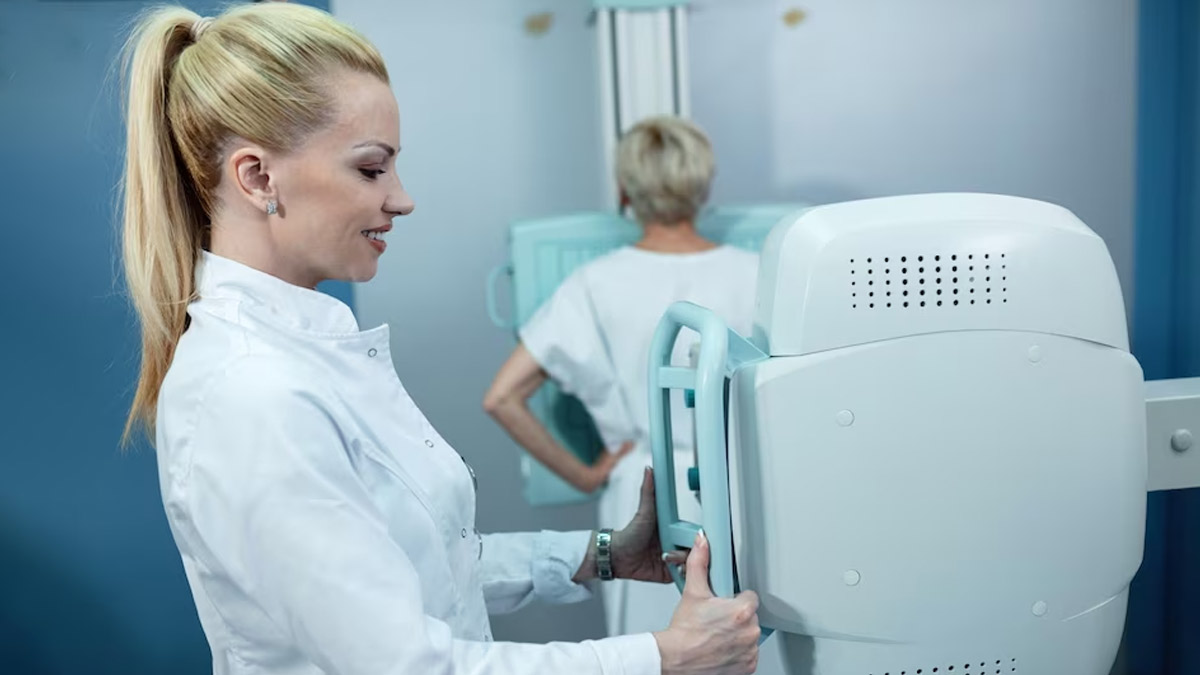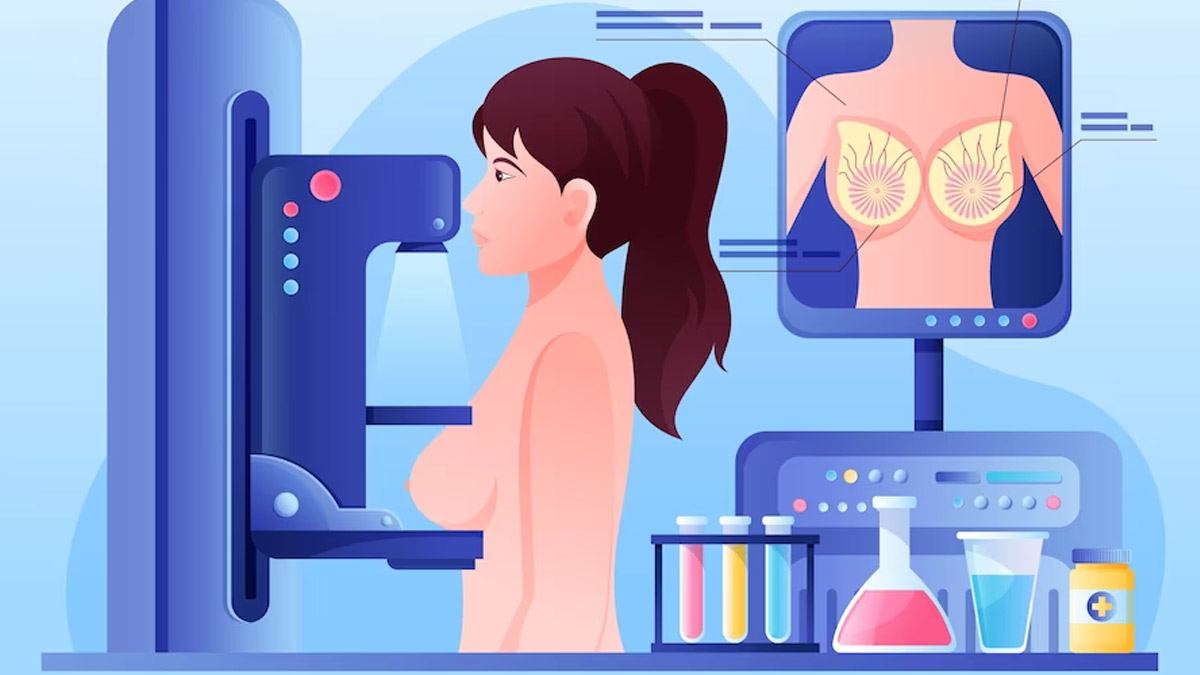
Breast cancer typically begins in the breast cells and can spread to other parts of the body if not detected and treated early. Early detection requires regular self-examinations and mammography.
“Genetics, hormone levels, and lifestyle choices are all risk factors for breast cancer. While this type of cancer can emerge for a variety of reasons, genetic factors play a key influence in the minority of occurrences,” said Dr Sujoy Kumar Bala, Consultant – Surgical Oncology, HCG Cancer Centre, Kolkata, adding, Hereditary breast cancer, caused mostly by mutations in the BRCA1 and BRCA2 genes, are the unique and difficult aspect of the disease.
Table of Content:-
Hereditary Breast Cancer
1. Genetic Basis
“The BRCA1 and BRCA2 genes are tumour suppressors that are responsible for repairing damaged DNA. Because of the inability to repair DNA damage effectively, mutations in these genes increase the risk of breast cancer. Individuals with such mutations have a significantly increased chance of developing breast cancer than the general population,” Dr Bala said.
Also read: Breast Enlargement Vs Breast Engorgement: What Are The Key Differences To Know
2. Inheritance Pattern
“Hereditary breast cancer is inherited in an autosomal dominant pattern. This indicates that if a person gets a mutant copy of BRCA1 or BRCA2 from one of their parents, they are more likely to develop breast cancer. As a result, each child of an affected person has a 50% chance of inheriting the mutant gene,” explained Dr Bala.
Assessing Risk factors & Ways to reduce
Genetic testing is an important tool in determining hereditary breast cancer risk. Individuals with a family history of breast cancer, particularly those diagnosed at a young age, as well as those with a history of ovarian cancer, should undergo genetic counselling and testing. Detecting BRCA mutations enables proactive risk management.

People who have been identified as BRCA mutation carriers may consider various risk-reduction measures, including increased surveillance, chemoprevention, or preventive surgery. To tailor the strategy to individual conditions, these decisions should be taken in cooperation with doctors and genetic counsellors.
Ways to manage Hereditary breast cancer
Frequent screening
As per Dr Bala, regular breast cancer screenings, such as mammography, breast MRIs, and clinical breast exams, are extremely important for early detection. People with BRCA mutations may be subjected to these tests at an earlier age and with increased frequency.

Chemoprevention
Dr Bala pointed out that chemo-preventive medications, such as tamoxifen or raloxifene, can lower the occurrence of breast cancer in people who are at high risk. The use of these medications should be reviewed with a doctor and weighed against the possibility of negative effects.
Prophylactic Surgery
According to Dr Bala, people choose preventive mastectomy (breast removal) to greatly minimise their risk of breast cancer. This is a very personal decision that should be taken after a thorough counselling and consideration of the potential medical and emotional consequences.
Also read: Are You Conscious About Your Breast Health? Know About Importance Of Breast Self Exam
Ovarian cancer risk
BRCA mutations increase the risk of ovarian cancer as well. Individuals with these mutations may want to undergo risk-reducing operations like bilateral salpingo-oophorectomy to mitigate their chance of developing the disease.
Hereditary breast cancer is a complex and difficult disorder that requires a proactive, collaborative approach to treat. Genetic testing, risk assessment, and tailored therapies play an important role in enabling people at risk to make informed health decisions. Each person's path with hereditary breast cancer is unique, but with advances in medical science and a supportive healthcare team, people may face these challenges with strength and hope.
Also watch this video
Read Next
Good News! Around 20 Minutes Of Daily Exercise Can Reduce Risk Of Early Death From Sitting Too Much
How we keep this article up to date:
We work with experts and keep a close eye on the latest in health and wellness. Whenever there is a new research or helpful information, we update our articles with accurate and useful advice.
Current Version